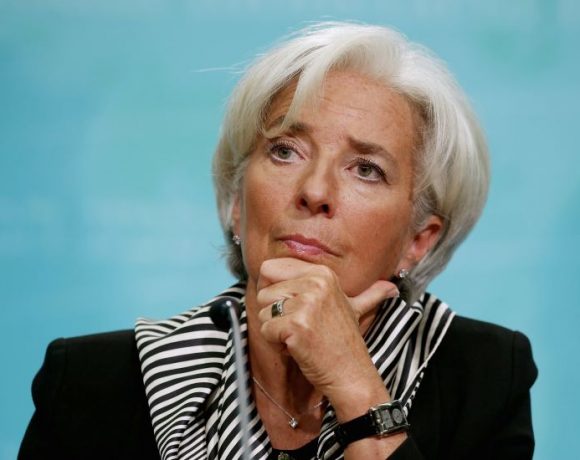
The G7 finance ministers are set to discuss whether Ukraine can receive an additional €30 billion loan from seized Russian assets totaling €270 billion. This proposal has sparked division within the G7, particularly between the US and Germany. While some advocate for full asset seizure, others, including Christine Lagarde, ECB president, raise legal and economic concerns.
The US and UK propose mobilizing the frozen assets to provide a substantial loan to Ukraine, with interest paid from the profits of the seized Russian assets. They argue this approach avoids the need for asset confiscation, which could disrupt the international legal order and financial stability.
Belgium, holding the largest share of Russia’s frozen assets within the G7, has already generated significant investment income from these assets. It has agreed to allocate a portion of this profit to a joint G7 fund for Ukraine.
Critics argue that using the assets as collateral for a loan effectively amounts to confiscation. However, some legal scholars suggest that under the doctrine of state countermeasures, seizure may be justified.
Overall, there is contention over whether to provide Ukraine with a substantial loan using the seized assets, with concerns about legal implications and potential repercussions for financial stability and international relations.
Picture Courtesy: Google/images are subject to copyright

